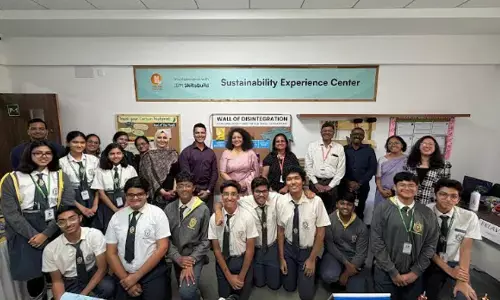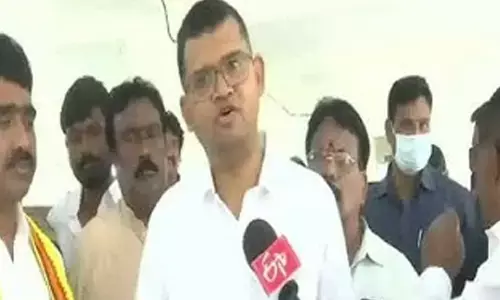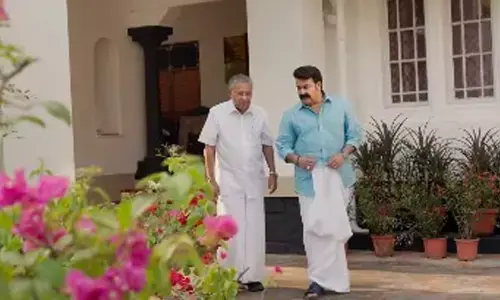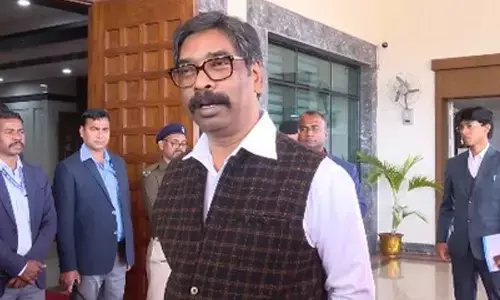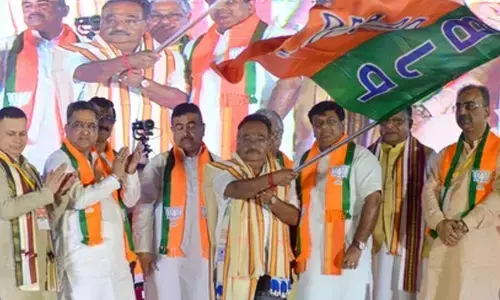Preserving Indian classical music: Anupama Bhagwat’s journey
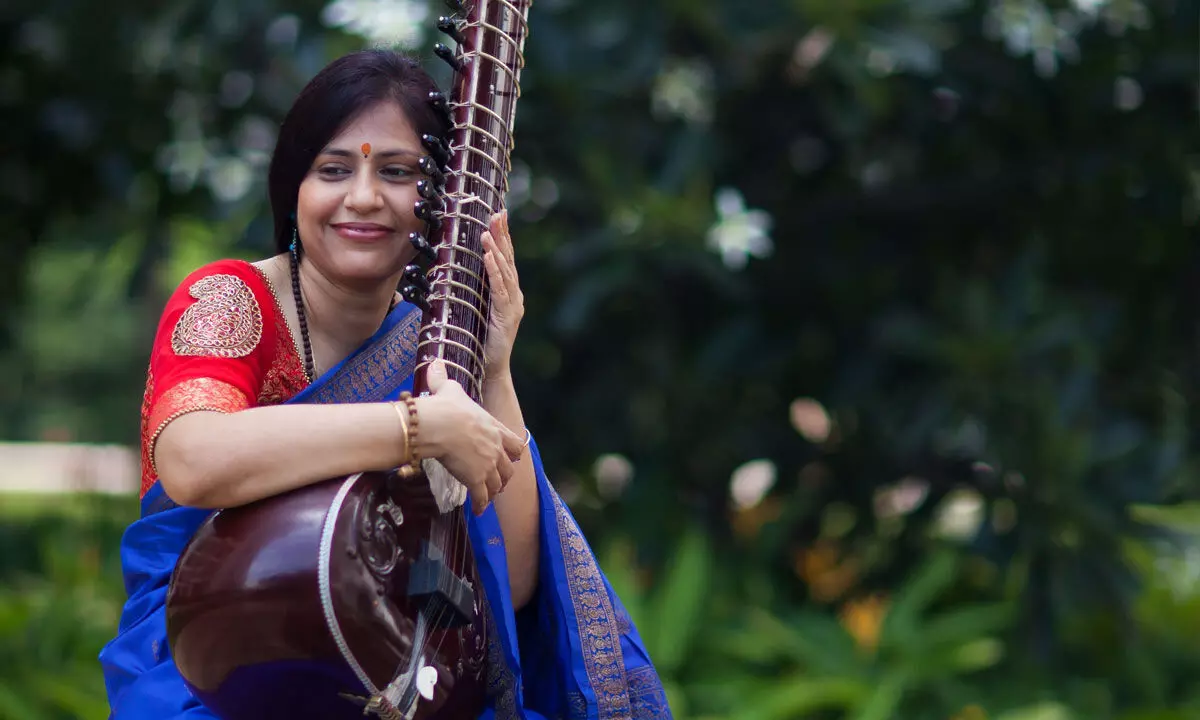
Anupama Bhagwat, an internationally acclaimed sitarist, has dedicated her life to preserving Indian classical music. Through her performances and the Kailas Sangeet Trust, she nurtures young talent while carrying forward the legacy of her guru, Pandit Bimalendu Mukherjee
Indian classical music, with its deep-rooted heritage and spiritual resonance, has transcended borders and generations. Anupama Bhagwat, an internationally renowned sitarist, has dedicated her life to preserving and promoting this rich tradition. Anupama Bhagwat was recently in Hyderabad to perform at the ‘Acharya Devo Bhava’, organised by the “Kailas Sangeet Trust”. The event was held to celebrate the birth centenary of her guru, Acharya Pandit Bimalendu Mukherjee, honouring his monumental contribution to Indian classical music. Kailas Sangeet Trust, a non-profit organisation committed to nurturing young musical talent, supporting social causes through music, and offering guidance to aspiring artists. In this interview, Anupama Bhagwat shares her journey, the inspiration behind her organization, and the immense responsibility she feels toward preserving the art form.
Could you tell us about the inspiration behind Kailas Sangeet Trust and its mission?
The Kailas Sangeet Trust was established in 2019 by myself, along with Subranil Gangabasi, a serial entrepreneur, to preserve, promote, and serve Indian classical music. Our primary objective is to provide a platform for young musicians to showcase their talent and to bring the healing power of music to various social groups. As a sitarist, I have always felt the need to give back to the art form that has given me so much. The Trust allows us to do that by organizing concerts, workshops, and lecture demonstrations. We also engage in CSR activities, such as supporting children and women by recognizing musical talent in underprivileged communities.
Additionally, we provide guidance to women between the ages of 16 and 26, many of whom are uncertain about pursuing music as a profession. We help them navigate this career path. Our first concert, Celebrating Women’s World, was organized to raise funds for pediatric heart surgeries, showcasing how music can be a force for social good. My own guru, Pandit Bimalendu Mukherjee, inspired me to create this platform. He had a similar vision of bringing musicians together, and through this Trust, I am carrying forward his legacy.
Your musical journey has deep roots. Could you share how it all began?
Music has been an integral part of my family’s life. My father played the violin, and my uncle and aunt played the sitar, so there was always a musical atmosphere in our home. Being from a Telugu Brahmin family, where the arts are considered essential, we were encouraged to learn music from a very young age, regardless of whether we intended to pursue it as a profession. I started learning the violin at five and later took up vocal training. When I was nine, my uncle upgraded his sitar and asked me to try it. That’s when I felt like the sitar chose me, rather than me choosing it. From then on, it became an extension of my being, and my journey with it truly began. My family’s support and our belief that music is a fundamental part of life were crucial in shaping my path.
You were mentored by the legendary Pandit Bimalendu Mukherjee. How did his teachings influence your approach to music?
I began learning the sitar from Bhilai-based teacher Shri R. N. Verma, who recognized my potential and suggested that I seek guidance from Pandit Bimalendu Mukherjee, the doyen of ImdadKhani Gharana and a great polymath. It was my great fortune that he was living in my hometown, Bhilai. At the age of 12, I began my tutelage under this towering personality of Indian classical music, and it was a transformative experience.
Guruji’s approach to teaching was unique. He didn’t just focus on technique; he emphasized the soul of the music. He often said that through music, one could discover oneself. His guidance instilled in me a deep respect for the ragas and the discipline required to master them. He encouraged me to find my own voice within the art form. His wisdom still guides me every day.
Having performed on global stages, how has international exposure shaped your music and perspective?
Performing internationally has been incredibly enriching. Every performance is a learning experience, helping me understand where I can grow. Collaborating with musicians from different cultures has broadened my understanding of music as a universal language. It has expanded my ability to adapt to various styles while staying true to the core of Indian classical music. What fascinates me most is how classical Indian music resonates with audiences worldwide, even in places like America or Europe, where they might not understand the language. The emotional depth and universal appeal of our music bridge cultural divides. This experience has taught me the importance of openness in both sharing and learning music.
What advice would you give to young musicians aspiring to pursue a career in classical music?
My foremost advice is to stay true to your passion. Believe in your talent, and be honest with yourself. Dedication to your guru is equally important because a good teacher provides not just knowledge but also the blessings that guide you through challenges. Classical music demands patience, discipline, and perseverance. There will be moments when progress feels slow, or when rewards seem distant, but staying focused and maintaining discipline is essential. While it’s important to be open to influences, I believe that we should remain rooted in our own musical traditions. There’s immense value in preserving the authenticity of our art. Instead of seeking validation by diluting our tradition, we should take pride in it.
The journey in classical music is long and arduous, but it’s incredibly fulfilling if pursued with dedication and resilience.





